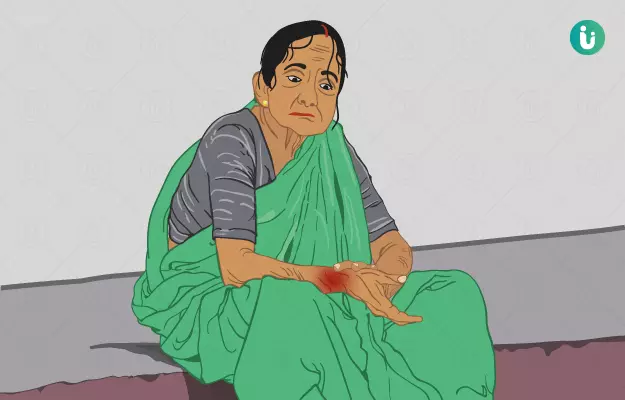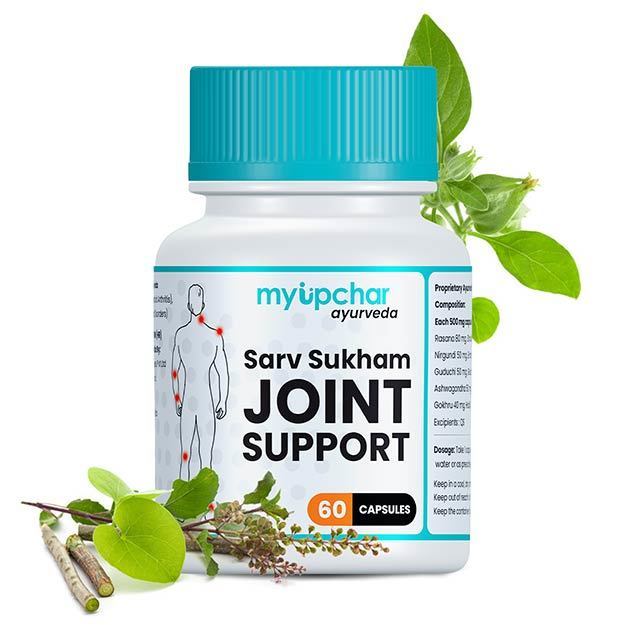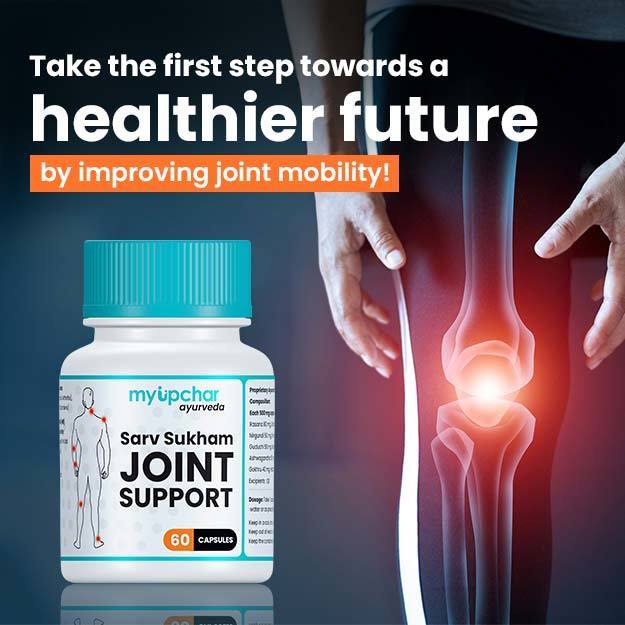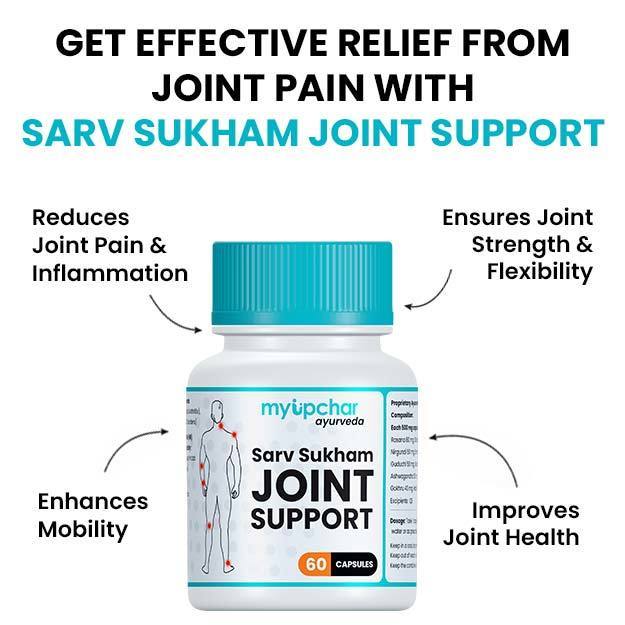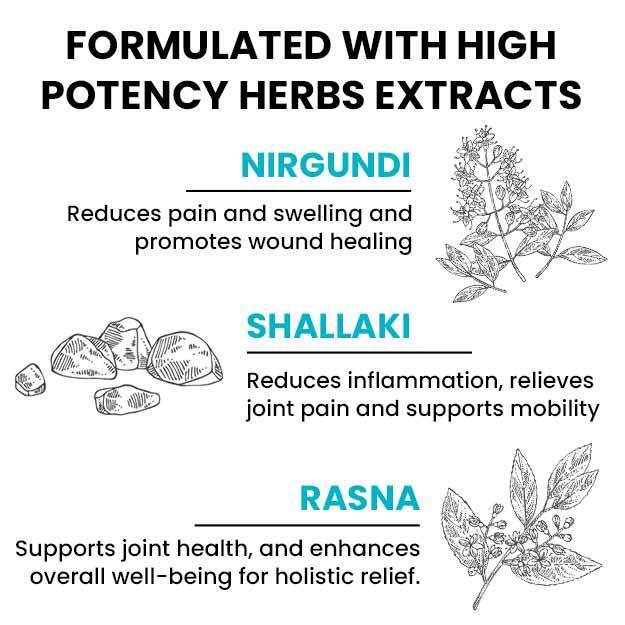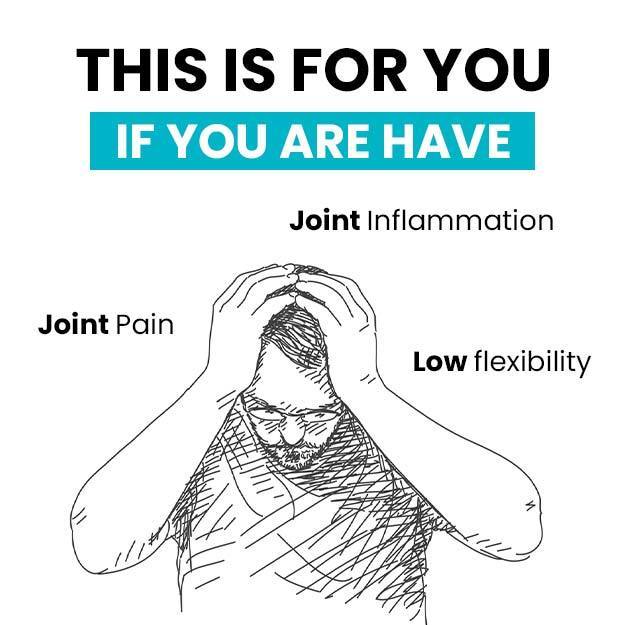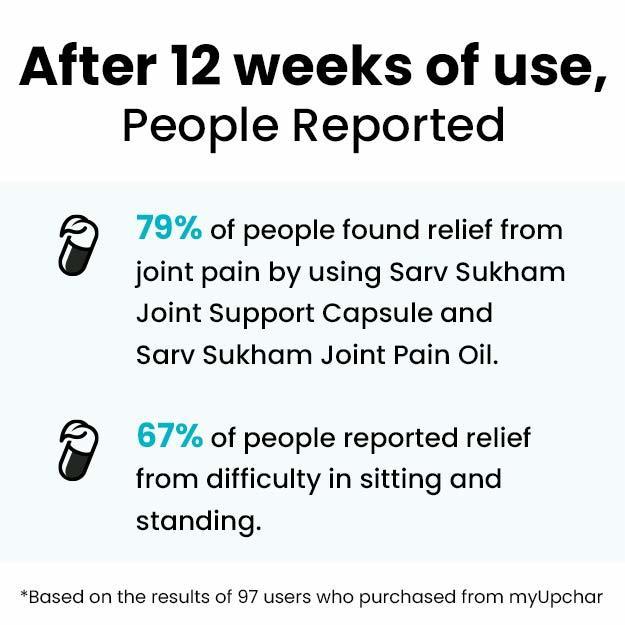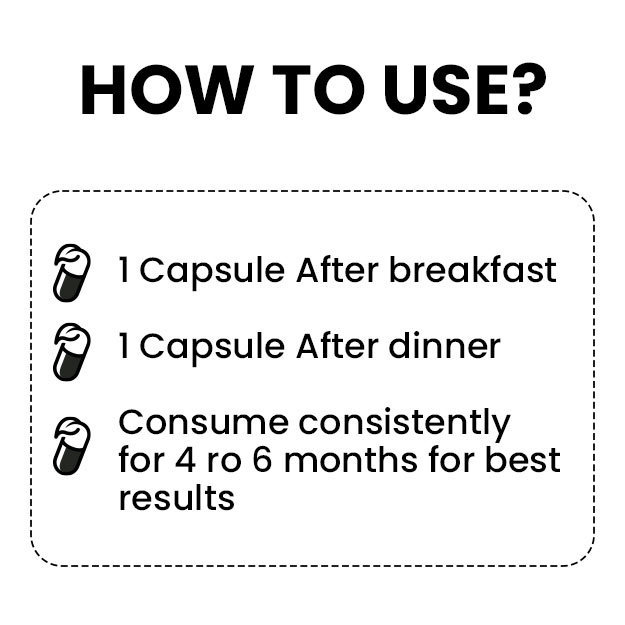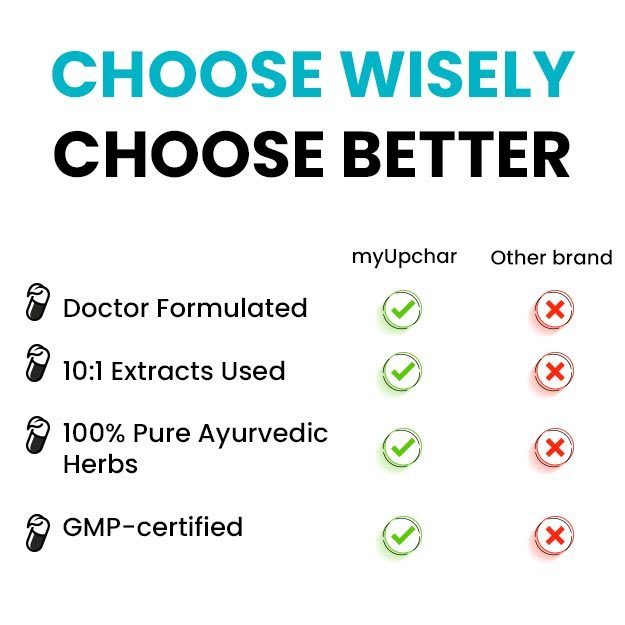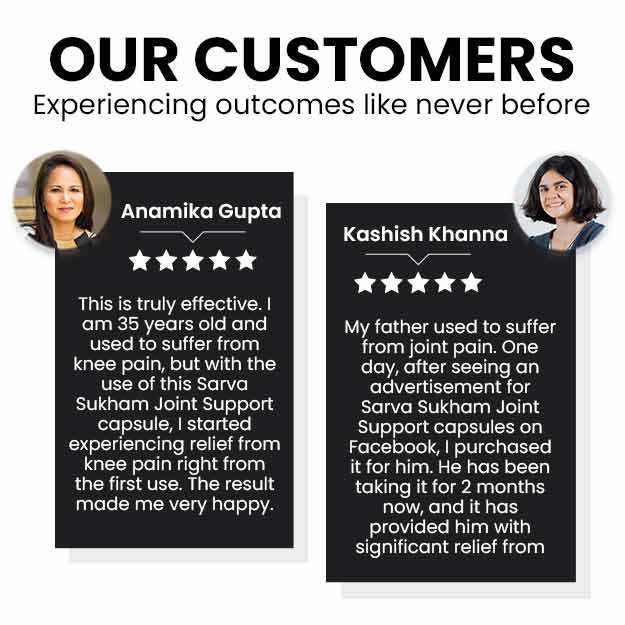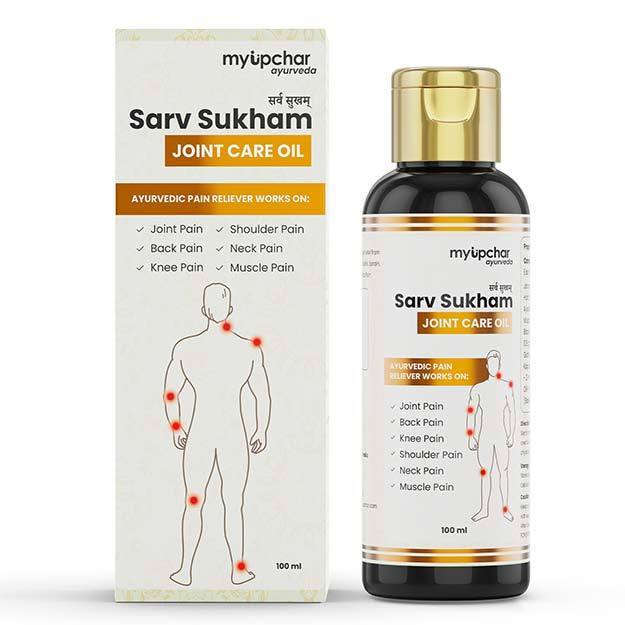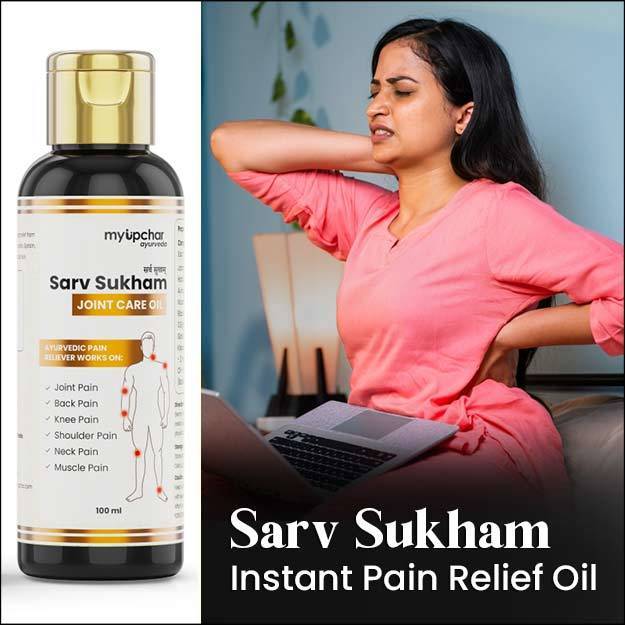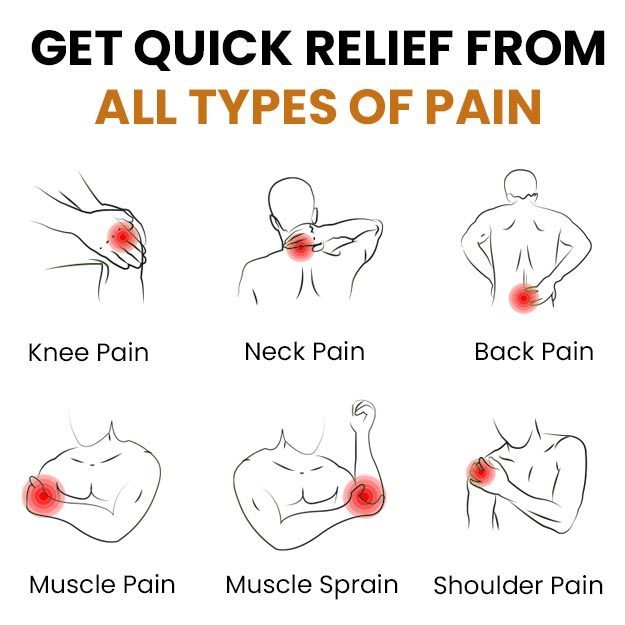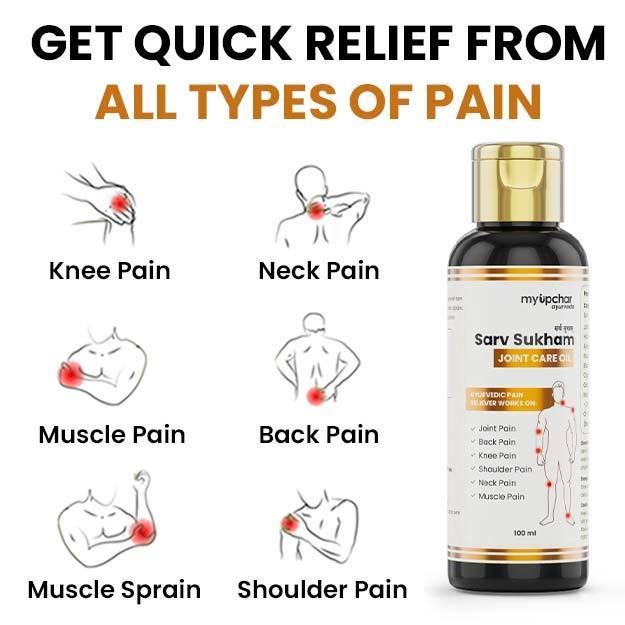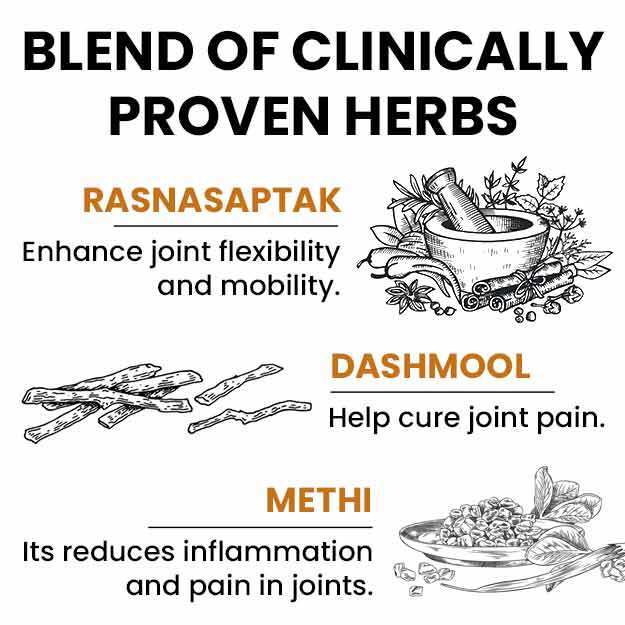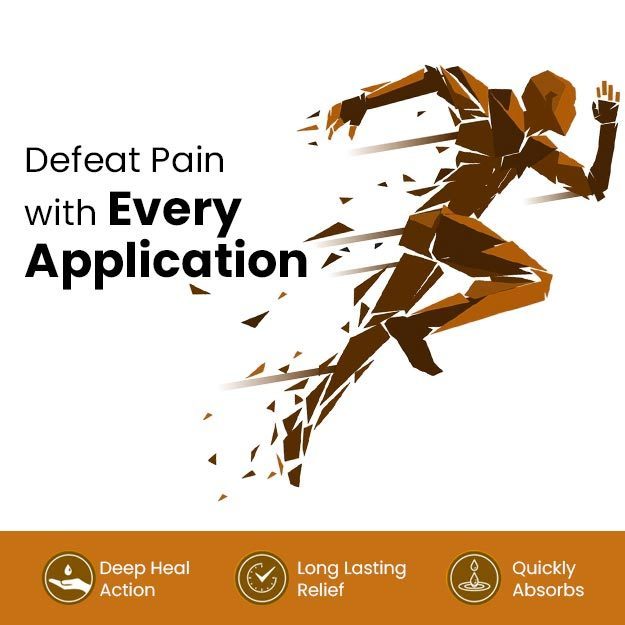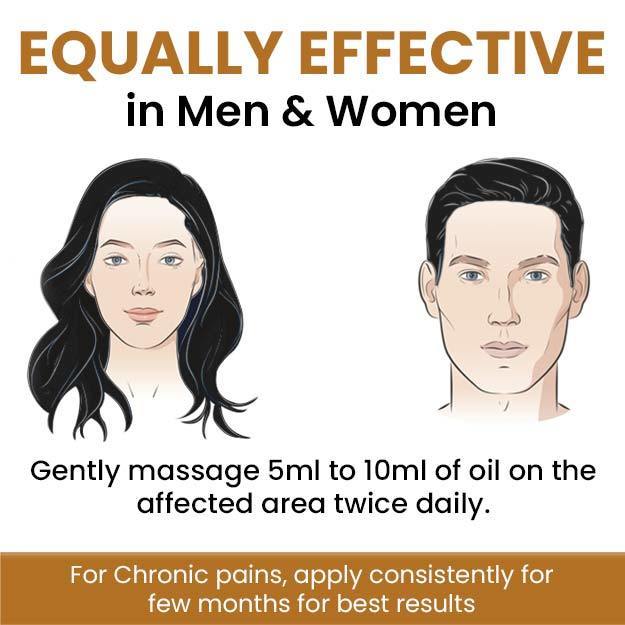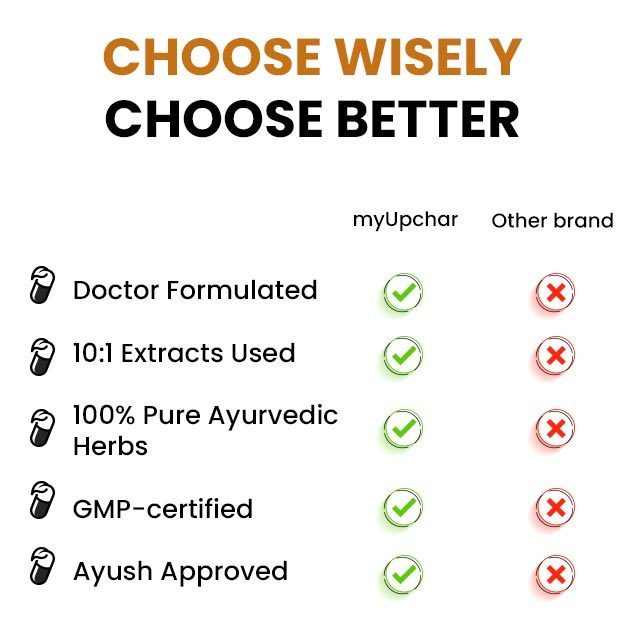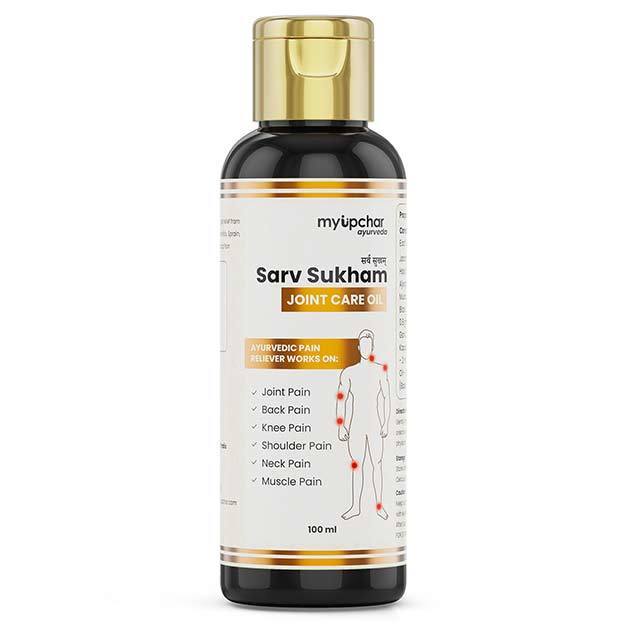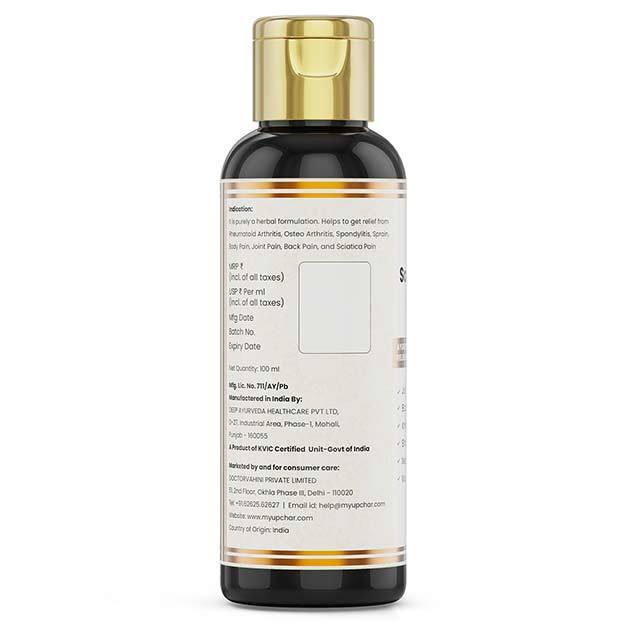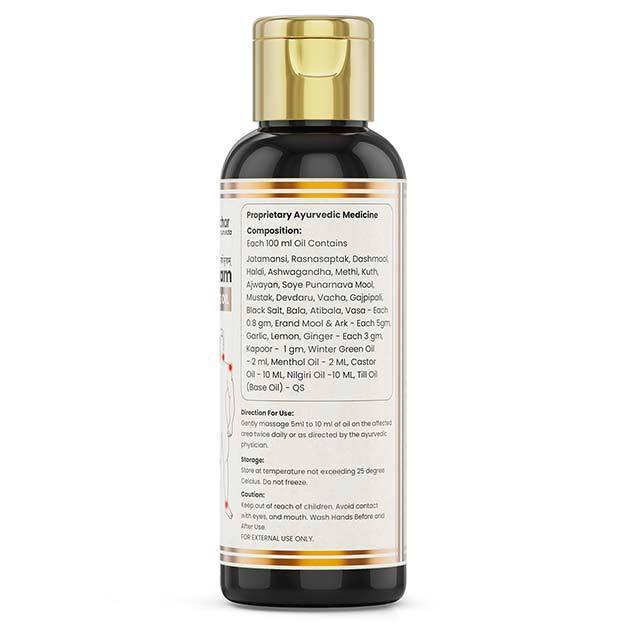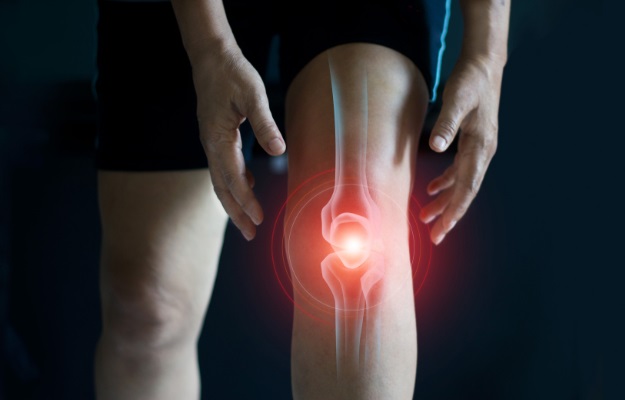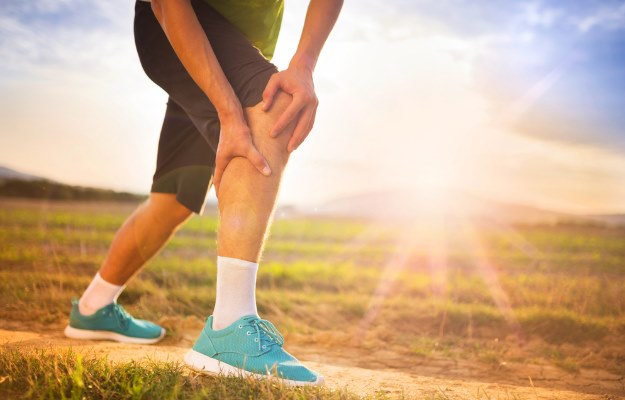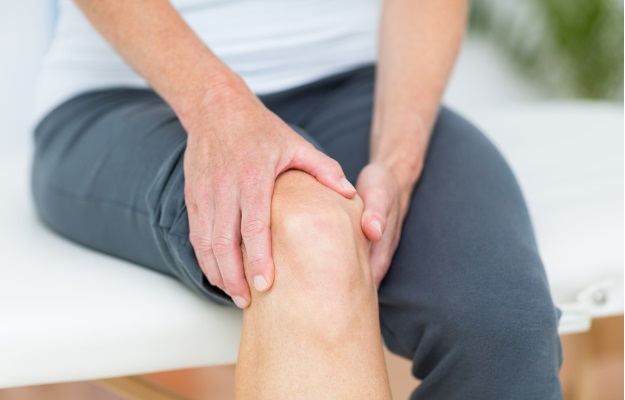How is arthritis pain treated?
Medicines:
Doctors give appropriate medicines based on the severity of your condition and how long you have been suffering from arthritis pain. Medicines given for arthritis pain can often include the following:
NSAIDs:
These medicines are also called non-steroidal anti-inflammatory drugs. These medicines work to reduce pain, swelling and redness etc. These medicines include ibuprofen and naproxen etc. Some powerful non-steroidal anti-inflammatory drugs are available on prescription by the doctor.
Steroids:
Some corticosteroid medicines such as prednisone, these medicines reduce swelling, redness and pain. Doctors usually give corticosteroid medicines to reduce acute symptoms and then gradually reduce its dose and stop it.
DMARDs:
These medicines are also called disease modifying antirheumatic medicines. These medicines reduce the continuously increasing rheumatoid arthritis and prevent permanent damage to joints and tissues.
Fish oil:
Fish oil can also be used to relieve pain and stiffness caused by rheumatoid arthritis.
To get relief from arthritis pain, keep these following things in mind:
Take medicines wisely:
There are many medicines that help control or reduce arthritis pain. You can take help from your doctor to understand which medicines are best for you and what is the best way to use them.
Exercise:
Regular proper physical activity reduces pain. Apart from this, it keeps your joints moving, strengthens the muscles to provide support to the joints, reduces stress and gives good sleep. Doctor or physiotherapist can tell you the right exercise according to your health and body.
Cold and hot compresses:
If the treatment is done carefully and properly, it is safe and soothing. Hot compresses relax your muscles and stimulate blood circulation. To apply hot compresses, you can take a hot bath or keep a hot water bottle or heating pad on your affected area for 15 minutes.
Cold compresses numb the painful area and also reduce swelling. Apply cold compresses to the affected area for 15 minutes. Cold compresses are usually better for joints that are swollen and the skin has become hot. After applying cold or hot compresses, let your skin temperature return to normal before applying compresses again. If this does not happen, the skin tissue may get damaged. You can talk to a doctor to find out whether hot compresses are right for you or cold.
Take care of your joints and save your energy:
Take special care of your joints while doing normal daily tasks. By doing this, problems like pain, tension and tenderness in your joints can be reduced. For this, some simple habits can be adopted like, not doing any activity which causes pain, taking help from someone else when needed and using special equipment to make your work easier.
Acupuncture:
This is a very old process from China. During this process, thin needles are inserted in a particular part of the patient's skin, due to which the brain stops receiving pain signals and pain is not felt.
Transcutaneous electrical nerve stimulation (TENS):
This process is also called TENS. In this, a machine is installed, which releases very mild electrical vibrations, due to which the pain signal is not able to reach the brain. TENS can be very helpful for chronic pain, but it doesn't work for everyone.
Brain technique:
In this process, a psychologist or a trained doctor teaches you techniques to stay calm and deal with pain, which helps you control your symptoms. It includes some techniques, such as:
Relaxation:
This is a process that relaxes the joints and muscles. In this, deep breathing, guided imagery and progressive muscle relaxation etc. help in reducing muscle tension and stress. All these techniques require practice and you may have to adopt many methods to find the right method for you.
Yoga:
Doing yoga also relaxes the muscles and joints of the body.
(Read more - Ayurvedic herbs for joint pain)

